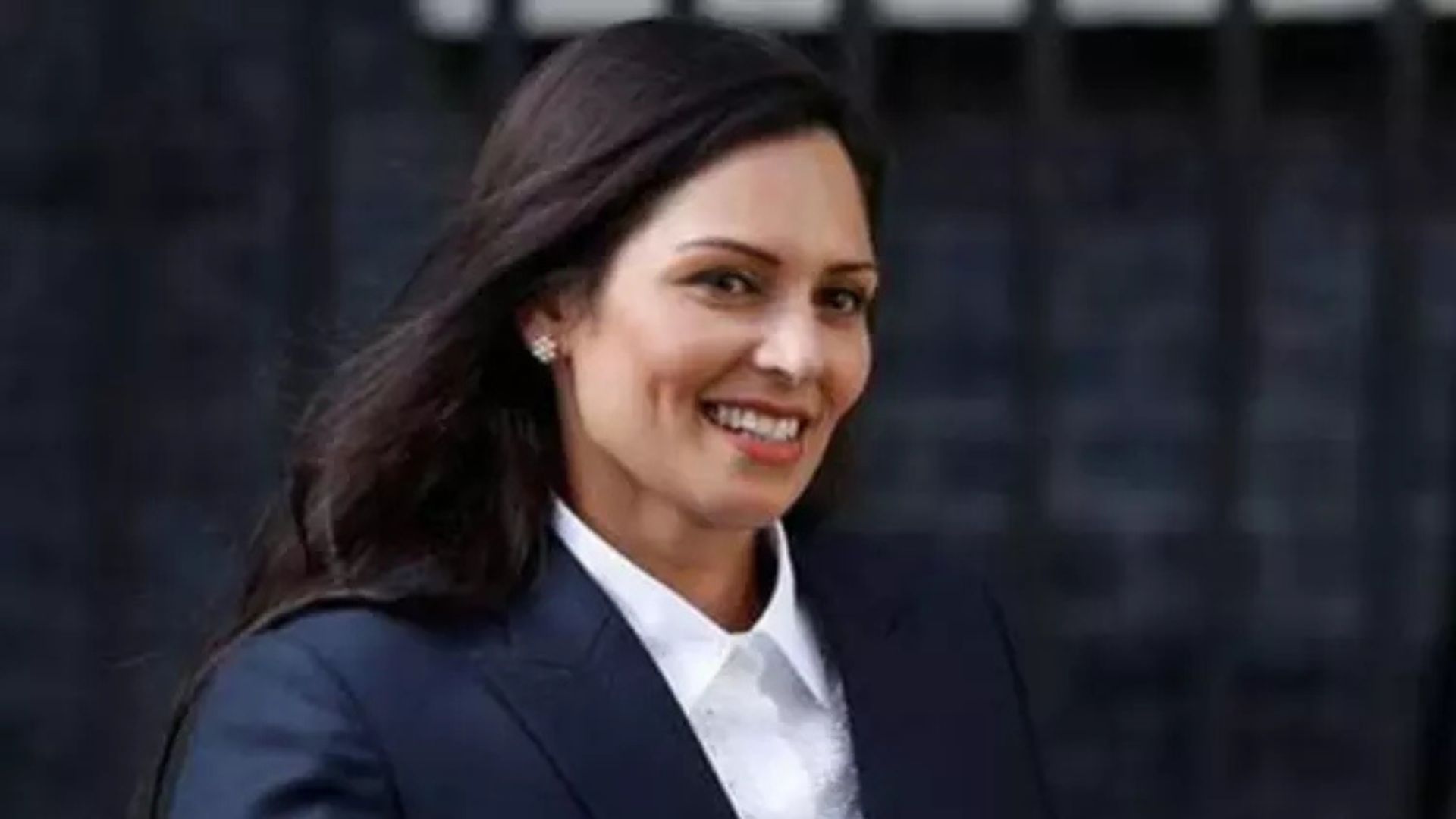Ahead of the upcoming BRICS summit, Russian Foreign Minister Sergey Lavrov has reaffirmed the ongoing significance of the Russia-India-China (RIC) troika, describing it as an “independent mechanism.” In an interview with the Moscow-based news outlet Argumenty I Fakty, Lavrov noted that although the group has not convened recently due to various circumstances, its relevance remains intact.
Prime Minister Narendra Modi is scheduled to visit Russia from October 22-23 at the invitation of President Vladimir Putin for the 16th BRICS Summit in Kazan. This visit marks Modi’s second trip to Russia this year, following his bilateral visit in July.
Lavrov emphasized that BRICS symbolizes the shifting dynamics of the global economy, highlighting the emergence of new centers of growth and corresponding financial and political influence. He cited a study by a private Western bank that identified the world’s fastest-growing economies, laying the foundation for the BRICS concept.
He explained that the idea for regular meetings within the RIC framework was initiated by Yevgeny Primakov in the 1990s. The inclusion of Brazil and South Africa later transformed the RIC into BRIC and eventually BRICS, representing the fastest-growing economies among the global majority.
The Russian minister underscored BRICS’ commitment to enhancing the collective potential of its member nations. He noted that the grouping prioritizes real-world needs, bringing together experts from various fields to collaborate on strategies and projects for mutual benefit.
Looking ahead, Lavrov revealed that discussions are underway to establish a new category of partner countries within BRICS, which would grant these nations significant rights and privileges akin to full members. This proposal will be presented to BRICS leaders at the upcoming summit.
Lavrov reiterated that BRICS and similar associations from the Global East are not formed to oppose Western nations but rather to leverage their collective strengths for mutual advantage. He concluded by reflecting on the group’s evolution since the inaugural BRIC meeting in St. Petersburg in 2006 and its subsequent expansion to include South Africa and, more recently, new members such as Egypt, Ethiopia, Iran, and the United Arab Emirates.







